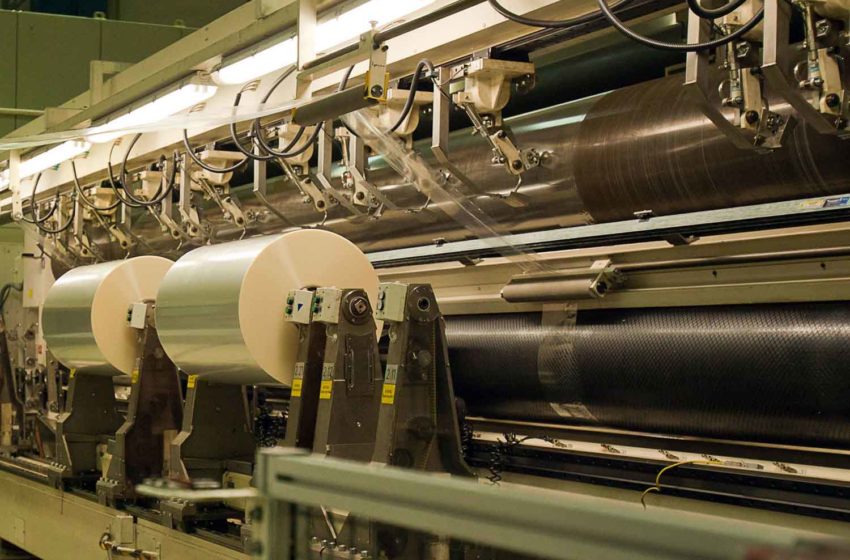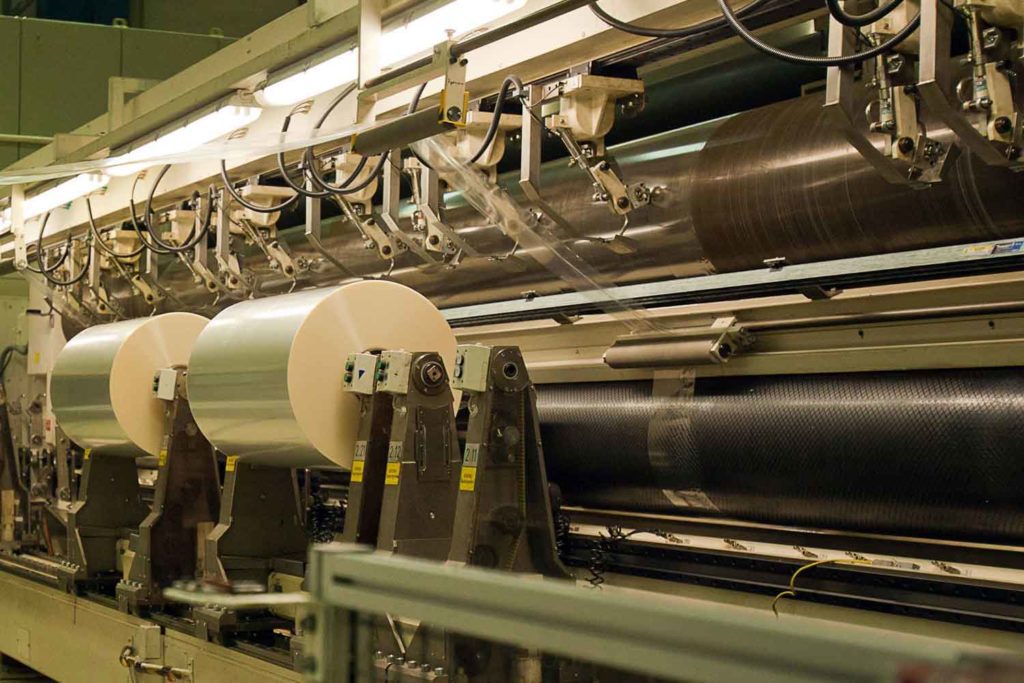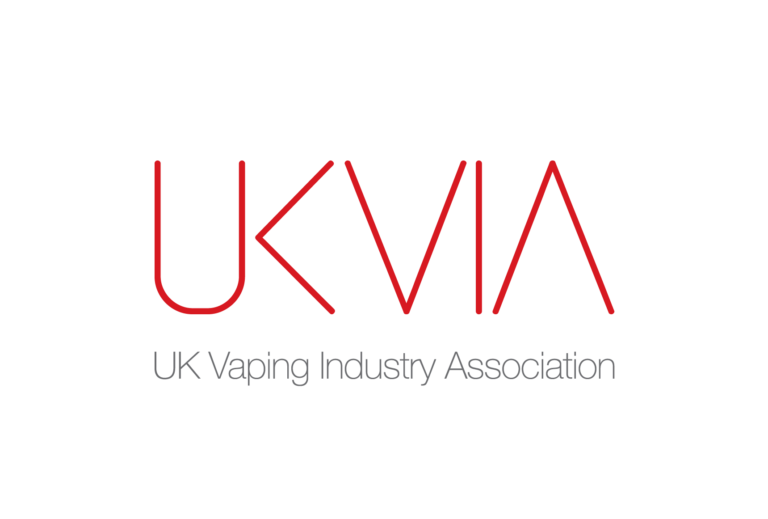Following its recent acquisition of HLND Holdings, Taat Global Alternatives anticipates generating approximately CAD88 million ($68.31 million) in sales between June 1, 2022, and May 31, 2023.
Repeat orders of Taat, which comprised over 54 percent of the company’s gross revenue in the second quarter of 2022, are expected to continue at a steady pace as the company services its existing accounts while capturing new market share.
Anticipated revenues for the company’s fiscal year ending Oct. 31, 2022, are CAD92 million. Taat projects a loss on operations excluding non-cash items of CAD1.9 million. The company anticipates continued quarterly losses through the remainder of calendar 2022 as it invests heavily in brand-building, distribution and further development of its nationwide sales network.
To exploit its recently acquired distribution capabilities, the company plans to expand the scope of its offerings beyond Taat Original, Smooth and Menthol, with the objective of also becoming a global player in nontraditional smokable and non-smokable products.
Shifting its business model from being “product-centric” to “brand-centric,” the company expects to benefit considerably from its enhanced management capabilities between ADCO executive team members as well as the addition of 20-year global tobacco industry veteran Michael Saxon as CEO of Taat.
“In the approximately 18 months since Taat was first launched in the United States, we have established a solid foundation through strong execution of our priorities as well as continued attention to research and development,” said Taat Founder Joe Deighan in a statement. “The advanced formulation of Beyond Tobacco known as V3 has proven exceptionally popular among adult smokers and we have proactively taken steps to replace inventory of Taat made with previous iterations, thus ensuring that V3 is as widely available as possible.
“Our acquisition of ADCO provides us more than just distribution bandwidth, which is to say that we can obtain priceless feedback and various types of insights (whether qualitative or quantitative) to continuously evaluate the performance of a given product on the market and shape our business decisions accordingly to drive sell-through and long-term brand equity.
“Perhaps most exciting, we are branching out into segments that complement our core offerings, such as Taat heat-not-burn as well as a zero-hemp formulation of Beyond Tobacco that can enable us to commercialize Taat more broadly at a global level. We anticipate great outcomes in the rest of 2022 and throughout 2023 and are keen to continue with actively commercializing Taat as a better alternative to legacy tobacco products.”













 The U.K. Vaping Industry Association (UKVIA) will organize
The U.K. Vaping Industry Association (UKVIA) will organize 




